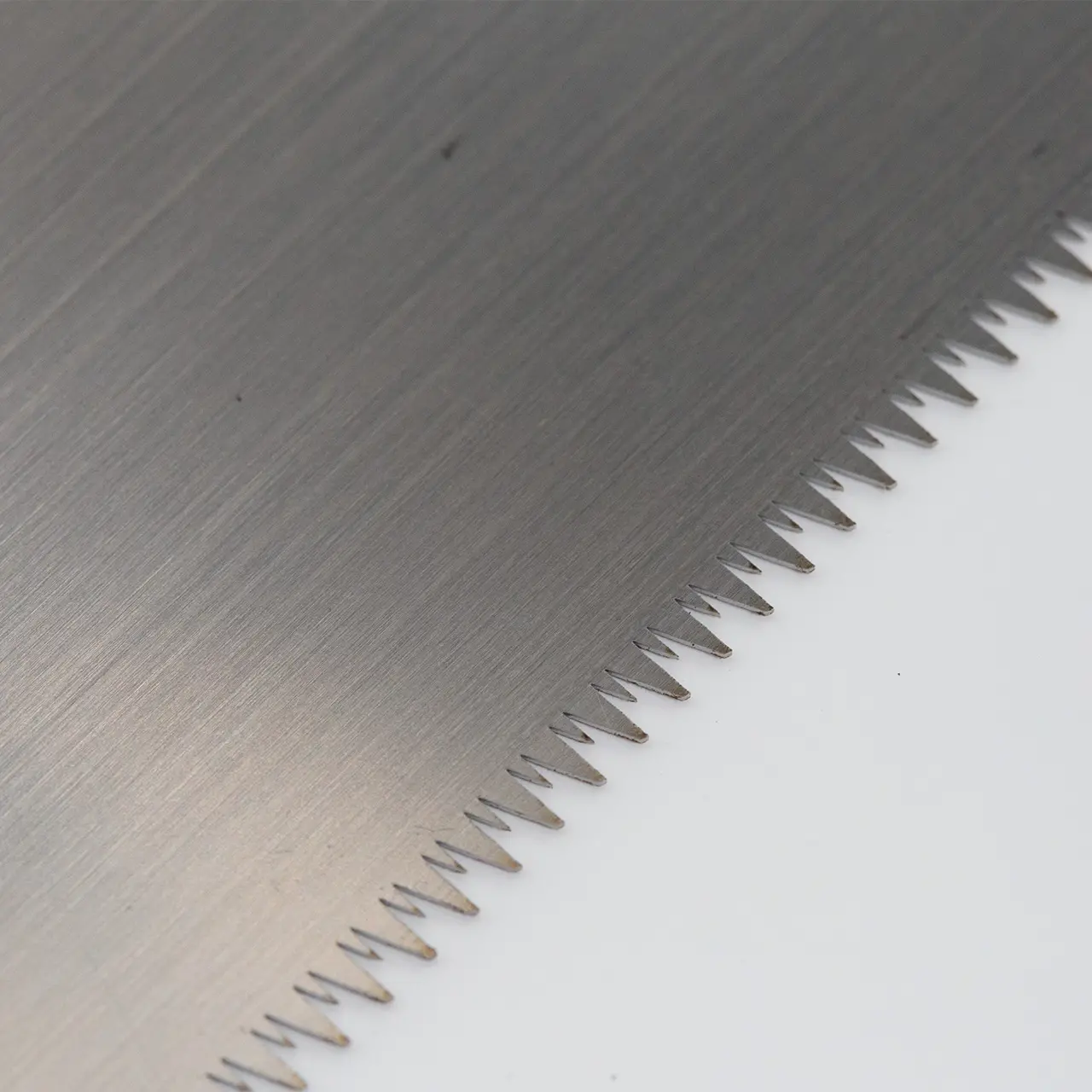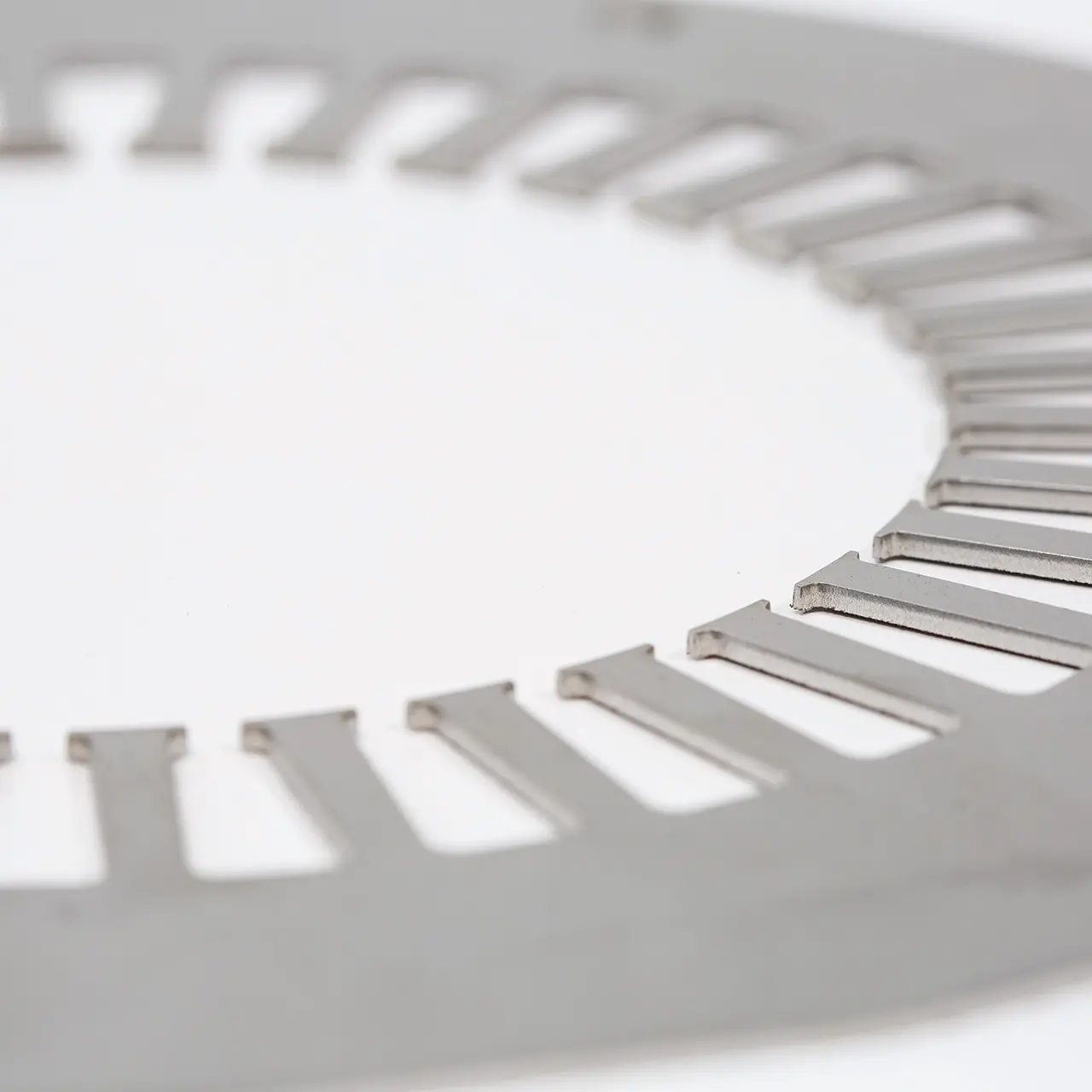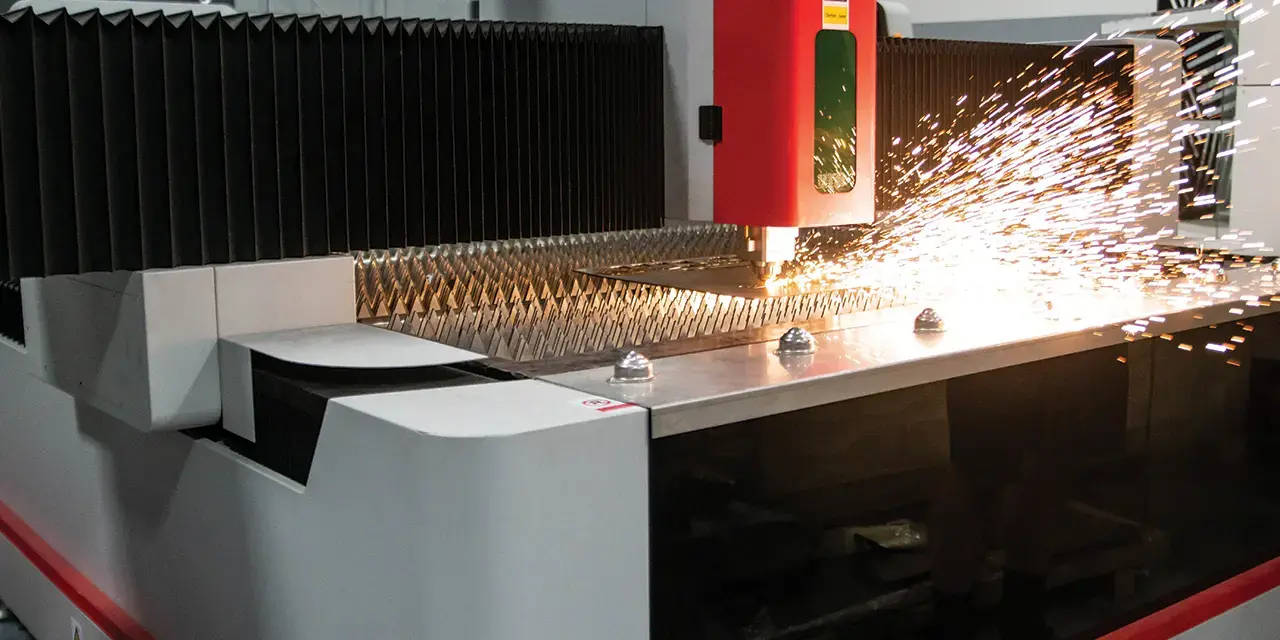Fiber laser cutting machines, a key innovation in the field of manufacturing, have begun to significantly expand the production capabilities of many businesses. Known for their high level of precision, these machines represent a substantial step forward in technology. This post aims to educate our readers about the mechanics of fiber laser cutting machines, the nature of their precision, and their broad-ranging implications on the capabilities of manufacturing. As we delve into this topic, we will provide a comprehensive understanding of how these cutting-edge machines are influencing the realm of manufacturing, pushing its boundaries, and setting new industry standards.
Precision of Fiber Lasers
First we must understand exactly what it means to be laser precise. Fiber laser cutting machines are renowned in this area. Depending on the specific model and the material being cut, they can maintain accuracy levels up to 0.05mm, which is roughly the thickness of a human hair. This remarkable precision enables manufacturers to produce extremely detailed designs and intricate cuts that would be challenging—if not impossible—to achieve with less advanced cutting technologies. As a result, fiber laser cutting machines are becoming an increasingly crucial tool in a variety of industries, from electronics to automotive manufacturing.
With this precision comes the ability to make parts like never before. Traditional machines like CNC Routers were limited by the tool tip at hand and waterjets created too large of a cutting aperture to maintain the same level of precision that a laser provides.
Small Components Production

With this advanced precision, the capability of manufacturing small components is greater than ever. Trends in every market continue to point towards smaller devices. This has only increased the demand for small component production.
A prime example of miniaturization is the electronics market. Devices are becoming smaller and yet more powerful every year. The ability to manufacture shrinking components for the electronics industry is crucial for any business wanting to maintain an edge over the competition.
Several other industries that continue to shift towards smaller and smaller parts each year include:
- Medical Device Manufacturing: The medical sector has seen a rise in the demand for small, intricate devices and components, such as those used in minimally invasive surgery or intricate implants. Precision-cut smaller parts allow for more accurate and less invasive procedures, improving patient outcomes.
- Automotive and Aerospace: Both automotive and aerospace industries require small, precision-engineered parts. These components, often part of larger assemblies, need to be manufactured to the highest standards due to safety considerations. The precision of fiber laser cutting machines ensures that these small parts meet strict tolerance levels.
Higher Quality Finishes

The superior finishes achievable with fiber laser cutting machines yield significant advantages across many aspects of the manufacturing process. One of the primary benefits is the reduction in the need for secondary processing. Traditional cutting methods often leave behind rough edges that require further work, like sanding or grinding, to smooth out. Fiber laser cutting machines, with their precise, clean cuts, minimize these additional steps, leading to a decrease in production time and costs.
The enhanced quality of finishes also directly contributes to a higher quality of the end product. This is especially critical in industries where the aesthetics of a product play a significant role, such as consumer goods, jewelry, and automotive components. A flawless finish can greatly elevate the perceived value of a product.
Another benefit lies in the assembly process. The precise cuts and smooth finishes mean that components fit together more accurately. This not only leads to better-functioning final products but also reduces potential performance issues and assembly time.
Furthermore, the smooth edges and surfaces produced by fiber laser cutting can reduce stress points or fractures in the material, potentially leading to increased durability and lifespan of the product. They also enhance safety, as rough edges can often pose a safety hazard in certain applications.
Lastly, the overall efficiency of the production process is greatly improved due to the reduction in time-consuming secondary processing stages. This advantage enables manufacturers to achieve faster production times and higher throughput. Thus, through high-quality finishes, fiber laser cutting machines are enabling manufacturers to improve their products, optimize their processes, and drive customer satisfaction.
The smooth finishes provided by fiber laser cutting machines are particularly crucial in several industries:
- Jewelry Industry: In jewelry making, every cut and finish has to be perfect as it directly impacts the piece’s aesthetic appeal and value. Any imperfections can significantly decrease the item’s desirability.
- Consumer Electronics: Products like smartphones, tablets, and laptops require a high standard of finish as it directly impacts the user’s experience and perception of the product’s quality.
- Furniture Industry: For furniture and interior fittings, smooth finishes are critical for both aesthetics and safety. Sharp or rough edges on furniture could potentially cause harm.
In all these industries, the quality of the finish can significantly impact the product’s functionality, safety, aesthetic appeal, and overall user experience.
Custom Applications
The integration of fiber laser cutting machines into a company’s manufacturing process can greatly enhance the ability to offer custom work, subsequently adding substantial value to the business. Many shops will turn away low volume projects. This presents an opportunity for higher margin work. Fiber lasers make these small projects easy to execute
With their precision and versatility, fiber laser cutters can deliver intricate designs and complex patterns that are often challenging with traditional cutting tools. This opens up opportunities for customization that can differentiate a company’s offerings in the market. Whether it’s creating bespoke jewelry pieces, personalized metal signs, or custom components for various industries, the ability to provide unique, made-to-order items can significantly enhance a company’s appeal to customers seeking one-of-a-kind products.
In addition, the precision of fiber laser cutting machines ensures a high-quality finish for these custom products. Customers seeking personalized items often have high expectations for quality, and the superior finishes achieved with fiber laser cutters can meet or even exceed these expectations, leading to higher customer satisfaction and loyalty.
Another significant benefit is the improved efficiency and productivity brought about by fiber lasers. Despite the complexity of custom work, fiber laser cutters can execute the tasks quickly and accurately, thanks to their integration with computer-aided design (CAD) and manufacturing (CAM) systems. This means businesses can offer custom work without significant delays or cost increases, making their services more competitive.
In a market where consumers increasingly value uniqueness and personalization, the ability to offer custom work can be a significant competitive advantage. By adopting fiber laser cutting machines, companies can tap into this trend, expand their services, and ultimately drive business growth.
Replace Outdated Equipment
Fiber laser cutting machines, owing to their superior precision, versatility, and cost-effectiveness, have the potential to effectively replace several traditional cutting tools. One of the primary candidates for replacement is mechanical cutting tools, which include manual or motorized saws, shears, and others. These mechanical methods often fall short when it comes to the level of precision and quality required for intricate cuts or for working with hard materials.
Plasma cutting machines, while capable of handling thick materials, usually lack the precision, speed, and clean cutting capabilities that fiber laser cutters offer. Similarly, water jet cutting machines, despite their versatility, are slower and less precise compared to fiber lasers, and also demand more maintenance.
CO2 metal laser cutters, which have been a staple in many industries, are starting to be phased out in favor of fiber lasers. This is due to the latter’s higher efficiency, speed when cutting thin materials, lower maintenance needs, and longer lifespan.
Punch presses, commonly used for cutting specific shapes out of a material, also find themselves outclassed by the flexibility and precision of fiber lasers. Changing shapes using a punch press involves changing or modifying the punch tool—a process that can be both costly and time-consuming.
Finally, even Electrical Discharge Machines (EDM), known for cutting hard materials and intricate shapes, can be less efficient and slower than fiber laser cutting. By replacing these traditional machines, fiber laser cutters can significantly enhance manufacturing processes, pushing productivity and quality to new heights.
By consolidating outdated shop equipment into new technology like a fiber laser cutting machine, shops are able to save space and streamline their production processes, leading to improved turnaround times, higher customer satisfaction and increased profit margins.
Expansion of Services
In summary, the integration of a fiber laser cutting machine not only bolsters pre-existing operations but also significantly expands the array of services a manufacturing entity can provide to its clientele. In an industry characterized by perpetual evolution and innovation, the capacity to maintain flexibility and introduce a diverse range of value-adding opportunities becomes paramount. A fiber laser cutting machine enables companies to craft bespoke, high-quality solutions tailored to their clients’ unique requirements. This powerful tool can thus help in cultivating robust business relationships founded on exceptional quality and creative problem-solving. Leveraging its advanced capabilities, a manufacturing company can consistently exceed client expectations and secure a competitive edge in the dynamic marketplace with the use of a fiber laser cutting machine.
